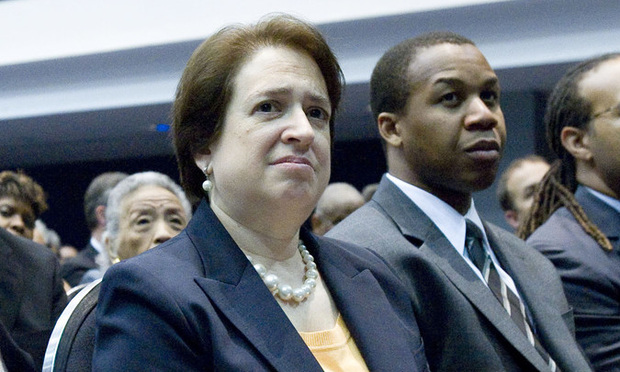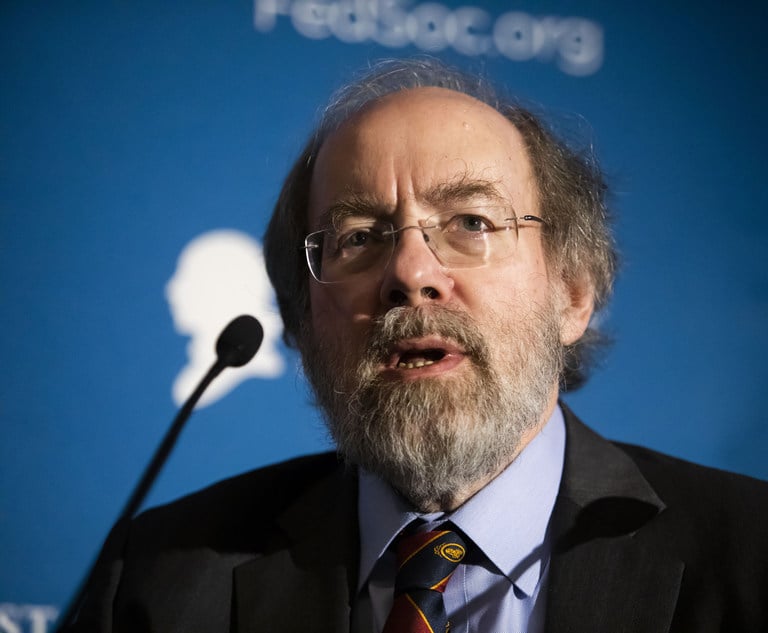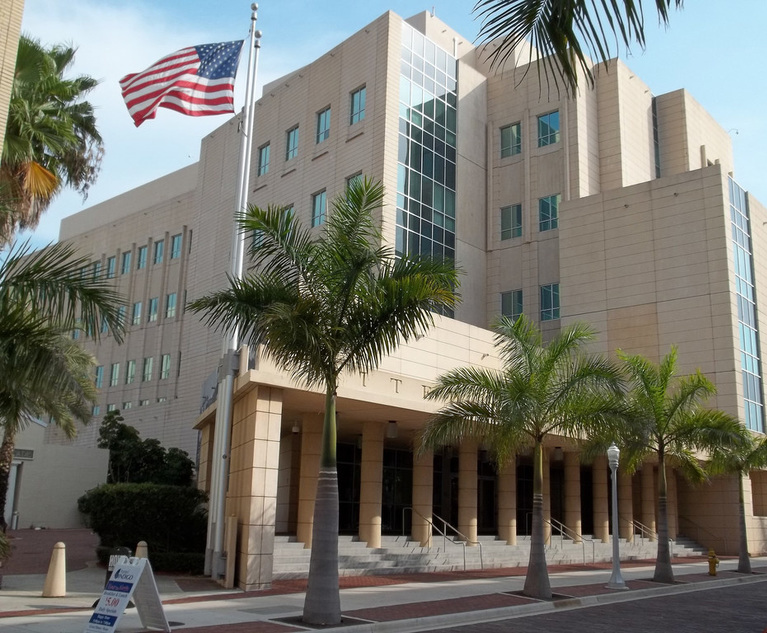Justice Elena Kagan’s stinging dissent last week backing an Alabama death row inmate who was executed despite an unresolved religious discrimination claim highlighted her evolving role as a key voice in religion-related cases at the U.S. Supreme Court.
The high court’s conservative majority permitted the execution of a Muslim inmate named Domineque Ray, who had argued his imam should be permitted to be with him in the death chamber at the end of his life. The justices, ruling 5-4, overturned a stay of execution entered by the U.S. Court of Appeals for the Eleventh Circuit.


 Justice Elena Kagan. Credit: Diego M. Radzinschi / NLJ
Justice Elena Kagan. Credit: Diego M. Radzinschi / NLJ






